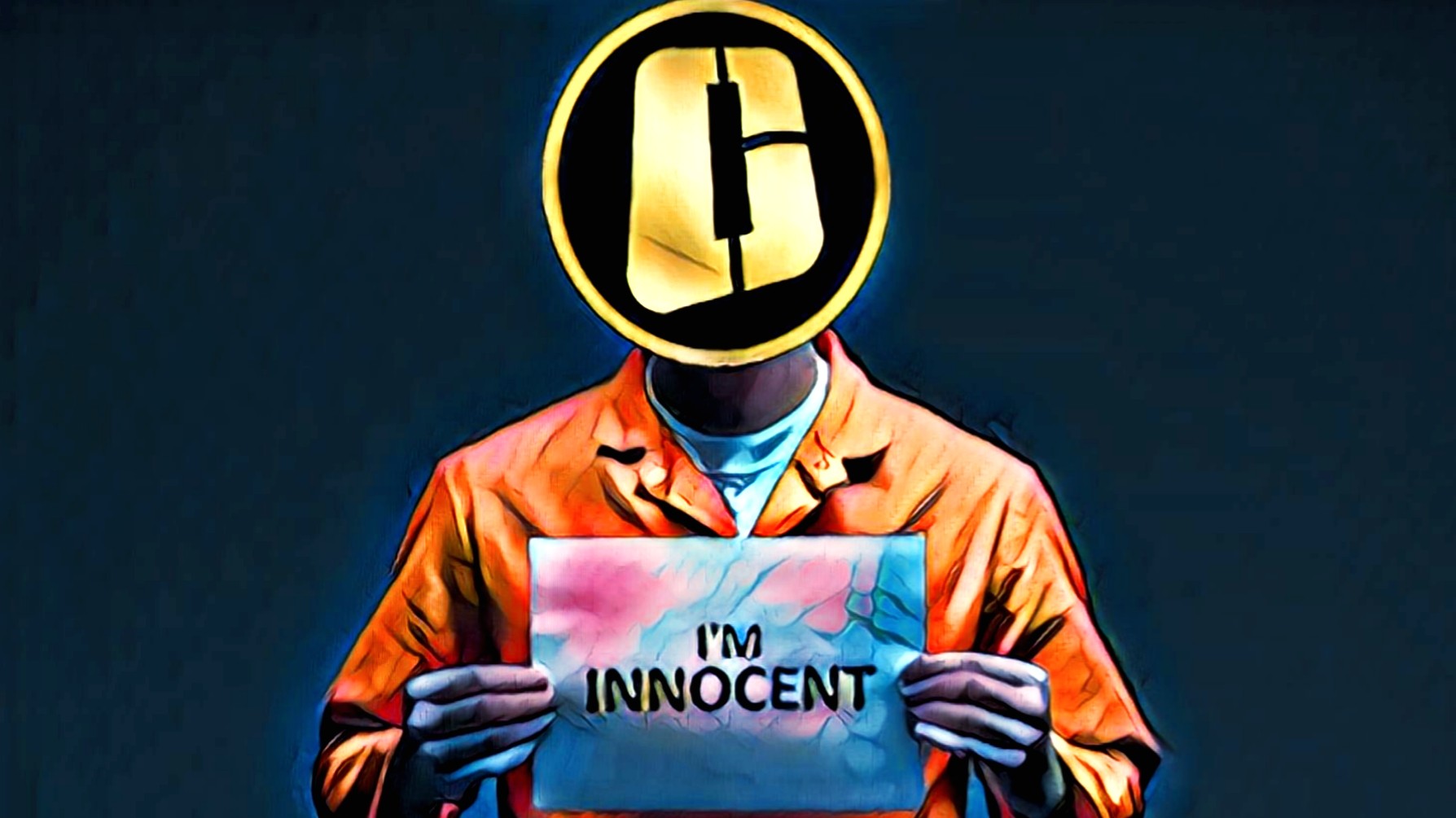OneCoin, the cryptocurrency issuer that allegedly ran a $4 billion pyramid scheme, is denying all claims that they are a hybrid Ponzi-pyramid scheme that laundered money through New Zealand to Samoa and targeted churchgoers, among others.
According to a report from the Samoa Observer, OneCoin feverishly denies all claims against them and says the news articles issued by the Central Bank of Samoa (CBS) that paint their Ponzi scheme narrative are false. In light of this, the CBS has issued clarifications regarding the information they have received.
OneCoin is alleged to be involved in a $3 billion pyramid scheme. The Manhattan U.S. Attorney claims that the company created a fraudulent cryptocurrency with the intent of defrauding investors. @proskauerhttps://t.co/CQ155s0rBo pic.twitter.com/UkXmqM0Krh
— LexBlog (@LexBlog) May 10, 2019
OneCoin Faces Fines and Criminal Charges
Though OneCoin executives are denying the claims against them, many of the people involved in their operation have already been charged and are facing legal action. In March, the FBI arrested Konstantin Ignatov, who’s believed to be one of the ringleaders behind the multi-billion dollar Ponzi scheme.
Other OneCoin participants from around the world are also facing fines and legal action. For instance, 22 OneCoin promoters in India have already been charged, China has issued charges against OneCoin promoters, and several central banks around the world have issued warnings.
Moreover, OneCoin is also accused of targeting individuals through churches. Ministers purportedly promoted OneCoin in their sermons and laundered money through two large churches with branches in Samoa, New Zealand, and Australia.
OneCoin Denies Everything…
According to OneCoin’s open letter to the CBS, they claim the information used in the CBS reports warning consumers is false. The perpetrators state that all of the allegations are due to a misunderstanding because OneCoin does not have any employees or organizations in Samoa or New Zealand.
The statement read:
“Let it be clear that neither OneCoin nor OneLife companies have organization, representation or employees in Samoa and New Zealand. No one has authority to act or make statements on company’s behalf in Samoa and New Zealand.”
Furthermore, the company claims that they are much more compliant than decentralized cryptocurrencies, because OneCoin is a centralized and closed-source cryptocurrency. They also claimed to follow all anti-money laundering (AML), know-your-customer (KYC), and Combating the Financing of Terrorism (CFT) standards.
Despite denying everything, OneCoin is still under scrutiny and faces many charges and allegations from victims around the world who lost money with the coin that can no longer be exchanged.
Do you think OneCoin is an honest crypto company who has their customers’ best interests in mind? Or are they just lying continuously? Let us know what you think in the comment section below.

